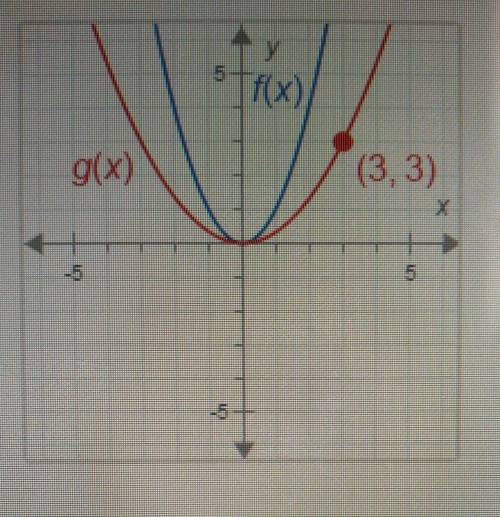Mathematics, 21.06.2019 20:40
Formulate the indicated conclusion in nontechnical terms. be sure to address the original claim. the foundation chair for a hospital claims that the mean number of filled overnight beds is over 523, and she is therefore justified starting a funding campaign to add a wing to the hospital. assuming that a hypothesis test has been conducted and that the conclusion is failure to reject the null hypothesis, state the conclusion in nontechnical terms.
Answers: 3



























